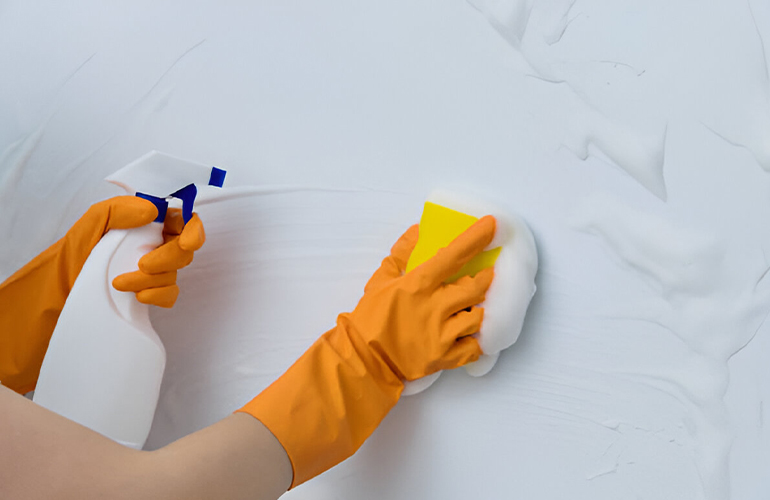Antibacterial coating

Antibacterial coatings are specialized surface treatments designed to inhibit the growth of bacteria and other microorganisms. These coatings are widely used in various industries to enhance hygiene and prevent the spread of infections.
Types of Antibacterial Coatings
- Silver-Based Coatings:
Description: Utilizes silver ions, which have natural antimicrobial properties, to inhibit bacterial growth.
Uses: Commonly used in medical devices, hospital surfaces, and textiles.
- Copper-Based Coatings:
Description: Copper is known for its antimicrobial properties, and coatings made with copper can effectively kill bacteria on contact.
Uses:Used in healthcare settings, high-touch surfaces, and door handles.
- Zinc-Based Coatings:
Description: Zinc compounds are incorporated into coatings to provide antimicrobial effects, often used alongside other protective features.
Uses: Common in residential and commercial applications where hygiene is a concern.
- Polymer Coatings:
Description:These coatings often include embedded antimicrobial agents within a polymer matrix, providing long-lasting protection.
Uses: Used in food processing equipment, countertops, and other surfaces prone to bacterial contamination.
- Titanium Dioxide Coatings:
Description: This photocatalytic coating can degrade organic materials, including bacteria, when exposed to UV light.
Uses: Often used in self-cleaning surfaces, air purifiers, and buildings.
